Browse
Digital Literacy
Object Collection
Objects
| Preview | Title | Description |
|---|---|---|

|
Identifying AI Images: Reverse Image Search Lesson Plan |
A lesson plan describing a quick activity to help learners identify AI images. |

|
The VT Therapy Dogs Visit the Studios |
The Cook Counseling Center's VT Therapy Dogs visit the Studios at University Libraries to create their own video game. |
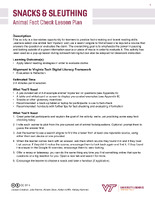
|
Snacks and Sleuthing: Animal Fact Check Lesson Plan |
This is a lesson plan for a low-stakes activity that gives students a chance to practice fact-checking and lateral reading skills. |
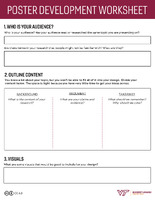
|
Poster Development Worksheet |
A handout to help you develop a simple research poster or research slide. |
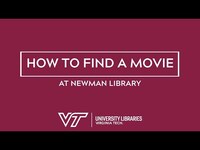
|
How to Find a Movie at Newman Library |
Learn how to access film resources at the University Libraries. |
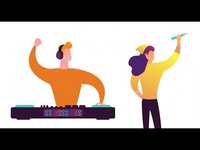
|
What is Digital Literacy? |
Learn about the term "digital literacy." Music: "This is My Jam" by Will Van De Crommert (Storyblocks) Illustrations adapted from Visual Generation. |
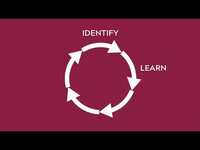
|
Defining Research | Critical Concepts in Academic Research |
Learn about the term "research" and the variety of ways in which we engage with research on a daily basis. |

|
What It Means to Be a Researcher | Introduction to Academic Research |
Learn how to conceptualize your role as an investigator and recognize how context and information need influences your approach to research. |
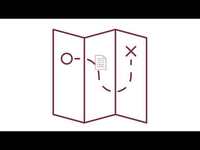
|
How to Curate a Writing Portfolio | Curating a Writing Portfolio |
Learn the basic practices of curating a writing portfolio: collecting, selecting, connecting, and reflecting. |

|
Writing Portfolios for Self-Discovery and Self-Presentation | Curating a Writing Portfolio |
Learn about crafting two different kinds of portfolios: learning portfolios and showcase portfolios. |

|
Keeping Track of Portfolio Artifacts | Curating a Writing Portfolio |
Learn file management strategies at the file, folder, and drive level. |

|
Using the Stases for Rhetorical Analysis | Rhetorical Analysis Using the Stases |
This video introduces an ordered series of questions that must be addressed to resolve a controversy, collectively known as the stases: first-order questions of fact, cause, and definition and second-order questions of action, value, and jurisdiction. |

|
Using the Stases for Reflective Practice | Rhetorical Analysis Using the Stases |
The stases are an ordered series of questions used to analyze sticking points in an argument or controversy. In this video, learn how to use the stases for reflective practice. |
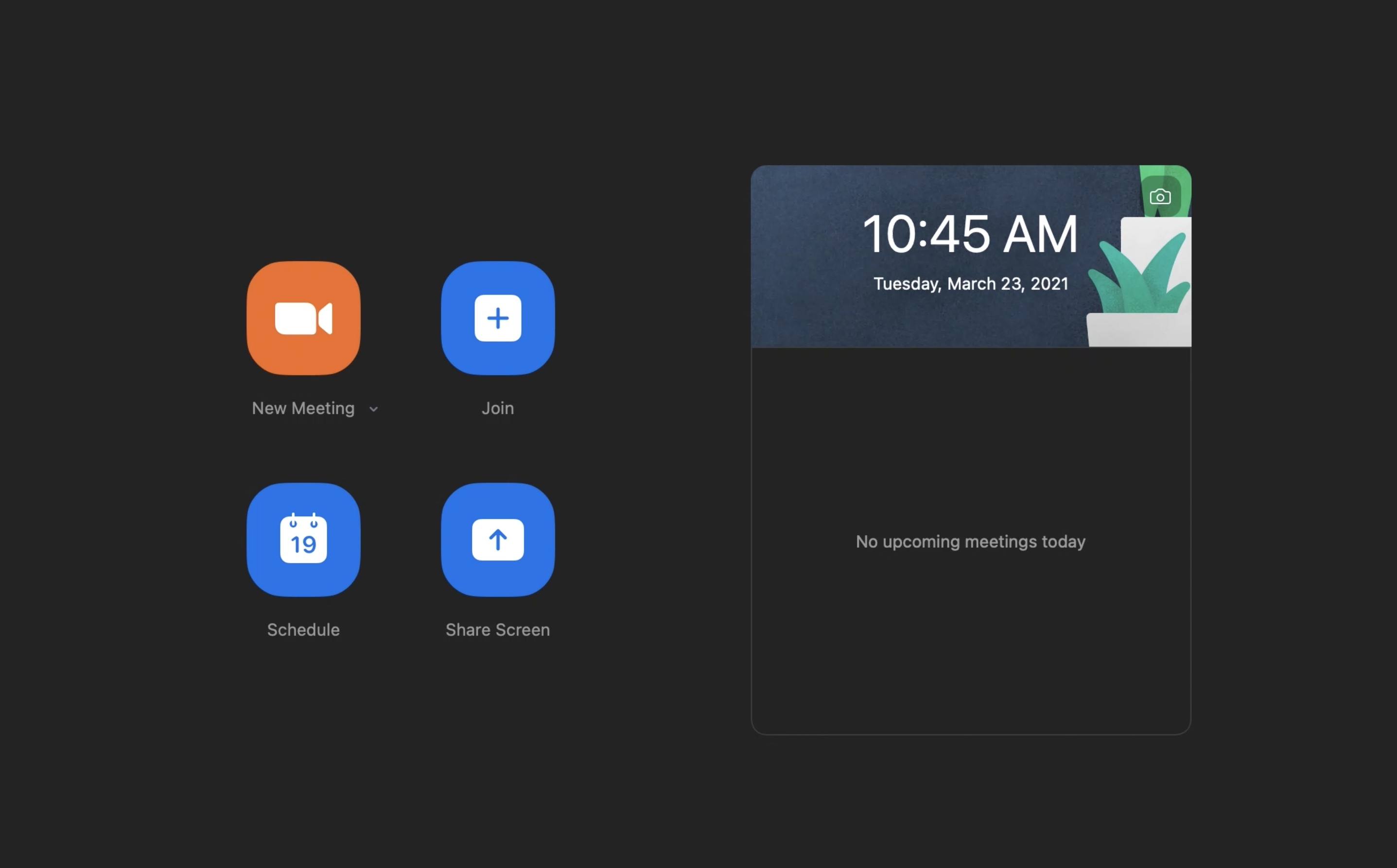
|
Navigating the New Normal |
Five Virginia Tech students share their experiences with digital life and online learning during the COVID-19 pandemic. |

|
Academic Jargon | Critical Concepts in Academic Research |
Learn about about the pros and cons of jargon, including how it can help us understand and communicate complex ideas. |
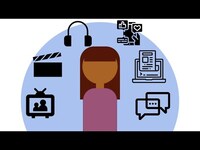
|
Applying the 5Ws |
This video describes a tool - 6 question words - that can help you critically analyze artifacts like news articles, speeches, social media posts, TV shows, movies, and music. |

|
Three Digital Literacy Myths |
Are digital natives automatically digitally literate? Is digital literacy just about technology? Is digital literacy a replacement for traditional literacy? Discover the truth behind these myths in this video. |
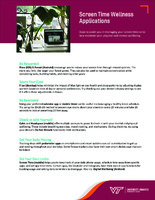
|
Screen Time Wellness Applications |
This handout offers a comprehensive list of mobile and desktop applications ideal if you are seeking to manage your screen time in order to maintain your physical and mental wellbeing while engaging with digital platforms. |
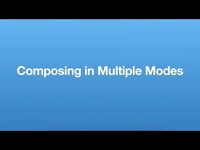
|
Composing in Multiple Modes |
How can different modes of communication be used to reach an audience more effectively? This video will help you find out. |
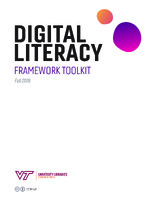
|
Digital Literacy Framework Toolkit |
This toolkit is intended to help you put the digital literacy framework from the University Libraries at Virginia Tech into action. Use this toolkit to align your work with digital literacy learning outcomes, get inspired when revising or creating a workshop, curriculum, program, or other learning experience, and learn more about the digital literacy framework. |
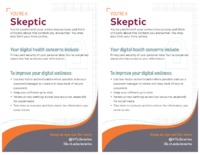
|
Digital Citizen Wellness |
Handouts to accompany the digital citizenship quiz. |
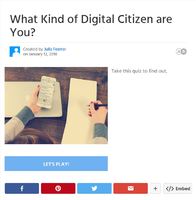
|
What Kind of Digital Citizen Are You? |
A quiz to help students discover what kind of digital citizen they are. |
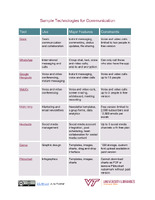
|
Sample Technologies for Communication |
A handout describing different types of communication technologies. |

|
Best Practices for Online Communication |
A guide to best practices for online communication. |